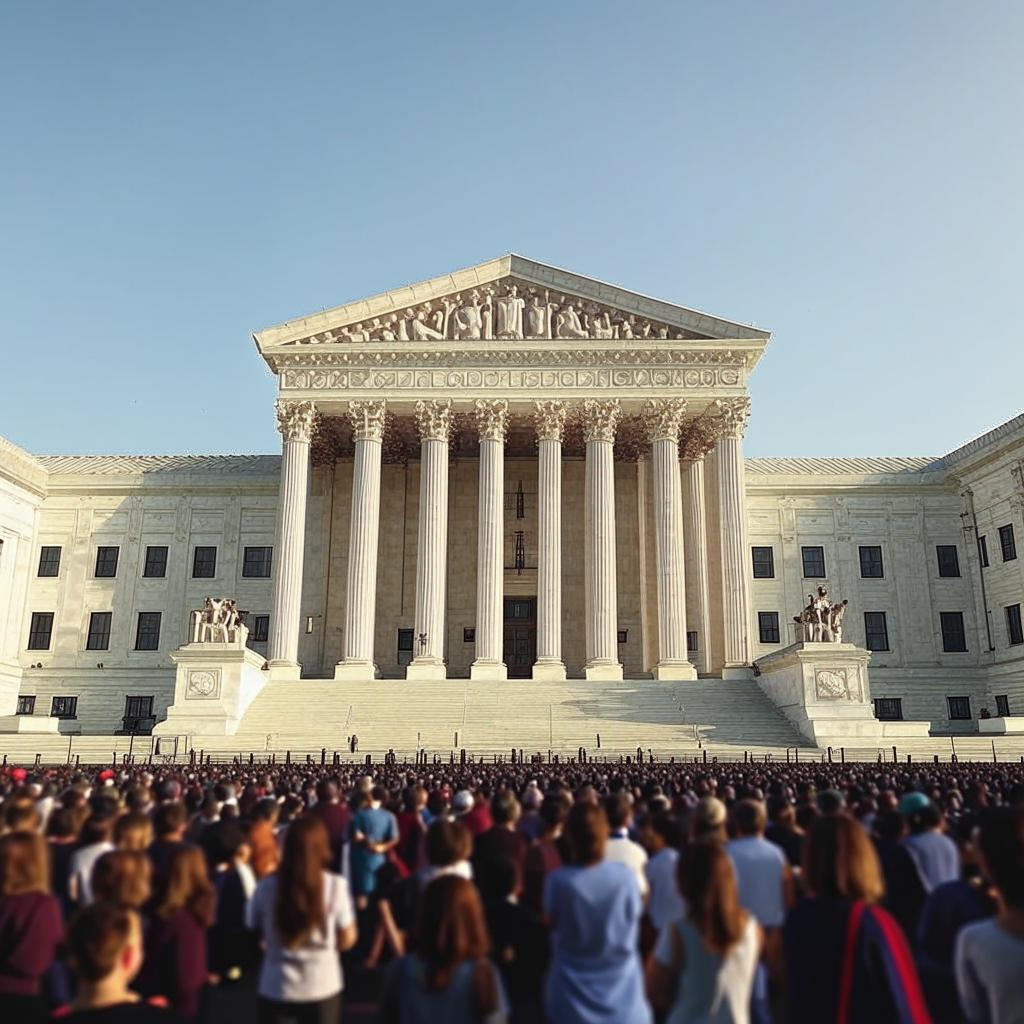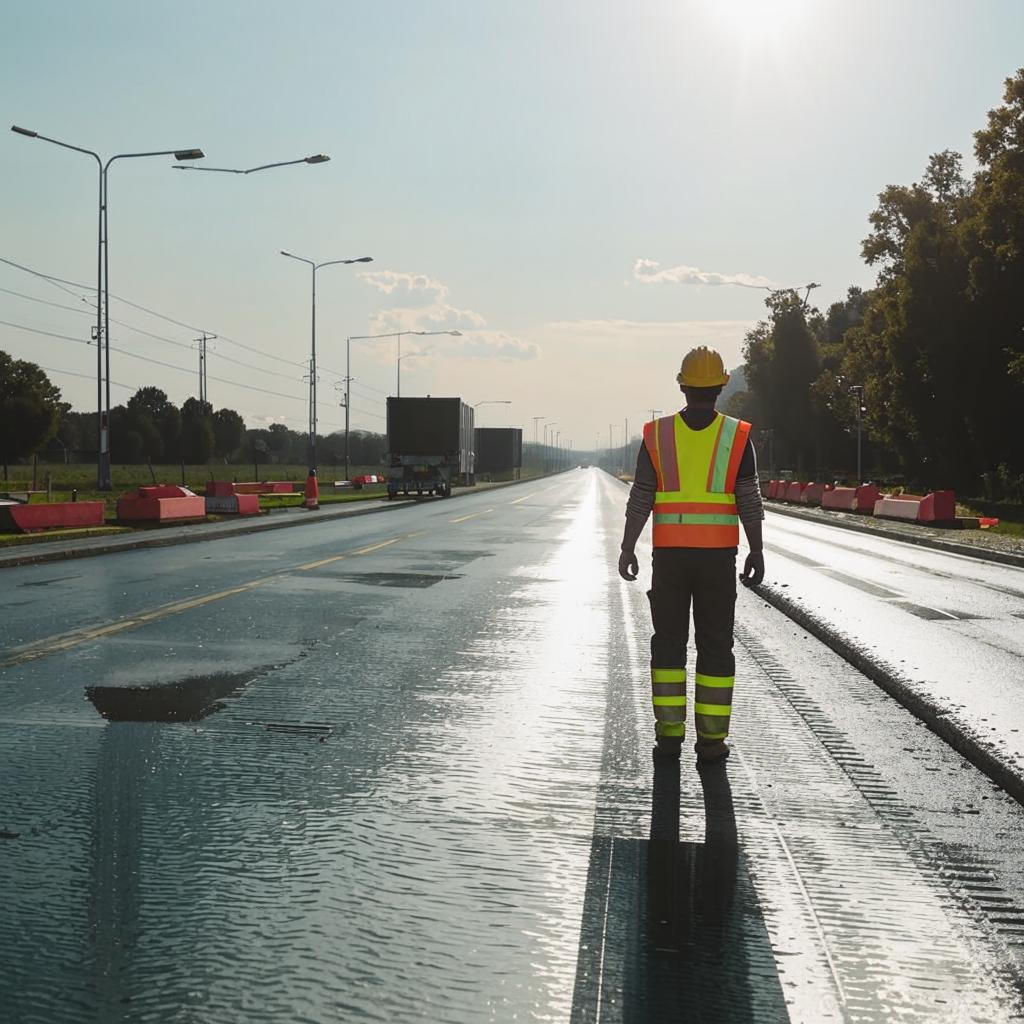New research identifies factors impacting perceived luck across America. Analyzing data, experts pinpoint demographics and geographic locations associated with higher feelings of fortune. These aren’t necessarily about wealth, but rather a combination of factors like social connection, community involvement, and access to opportunities.
The study indicates that individuals in certain age groups, educational backgrounds, and relationship statuses report feeling luckier than others. Regions with strong social safety nets, robust community programs, and access to quality healthcare also correlate with increased feelings of well-being and, consequently, perceived luck. Coastal states and areas with thriving economies tend to be hubs. However, luck isn’t solely tied to material wealth; purpose-driven lifestyles and positive social networks play a crucial role.
Interestingly, the research highlights the psychological aspect of luck. People who actively engage in their communities, pursue meaningful goals, and maintain strong relationships are more likely to perceive themselves as fortunate, regardless of their socioeconomic status. This suggests that cultivating a sense of purpose and belonging can significantly influence one’s overall feeling of luck. The study also highlights the impact of mindset. People who embrace optimism are better able to overcome challenges and create opportunities for themselves.
The findings underscore the complex interplay between socioeconomic factors, personal choices, and psychological well-being in shaping individual perceptions of luck in America. It also invites us to consider how we might nurture the conditions that help more people feel fortunate.












